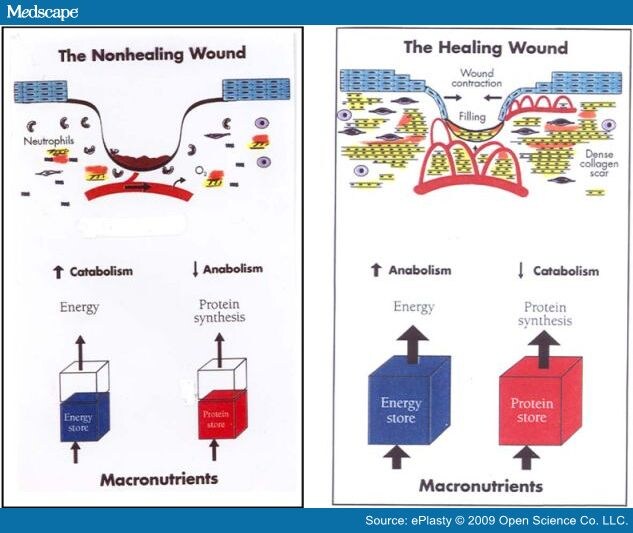Modulation of Skin Collagen Metabolism in Aged and Photoaged Human Skin In Vivo
AbstractTo the best of our knowledge, no study has been conducted to date to directly compare the collagen metabolism of photoaged and naturally aged human skin. In this study, we compared collagen synthesis, matrix metalloproteinase-1 levels, and gelatinase activity of sun-exposed and sun-protected skin of both young and old subjects. Using northern blot analysis, immunohistochemical stain, and Western blot analysis, we demonstrated that the levels of procollagen type I mRNA and protein in photoaged and naturally aged human skin
in vivo are significantly lower than those of young skin. Furthermore, we demonstrated, by northern blot analysis, that the procollagen

1(I) mRNA expression of photoaged skin is much greater than that of sun-protected skin in the same individual.
In situ hybridization and immunohistochemical stain were used to show that the expression of type I procollagen mRNA and protein in the fibroblasts of photoaged skin is greater than for naturally aged skin. In addition, it was found, by Western blot analysis using protein extracted from the dermal tissues, that the level of procollagen type I protein in photoaged skin is lower than that of naturally aged skin. The level of matrix metalloproteinase-1 protein and the activity of matrix metalloproteinase-2 were higher in the dermis of photoaged skin than in naturally aged skin.
Our results suggest that the natural aging process decreases collagen synthesis and increases the expression of matrix metalloproteinases, whereas photoaging results in an increase of collagen synthesis and greater matrix metalloproteinase expression in human skin in vivo. Thus, the balance between collagen synthesis and degradation leading to collagen deficiency is different in photoaged and naturally aged skin.
If I recall, don't retinoids reduce MMP activity? They are well known to reverse sun damage. If that is the case, maybe a retinoid and
controlled amounts of UV could result in a net increase of collagen production.




















































